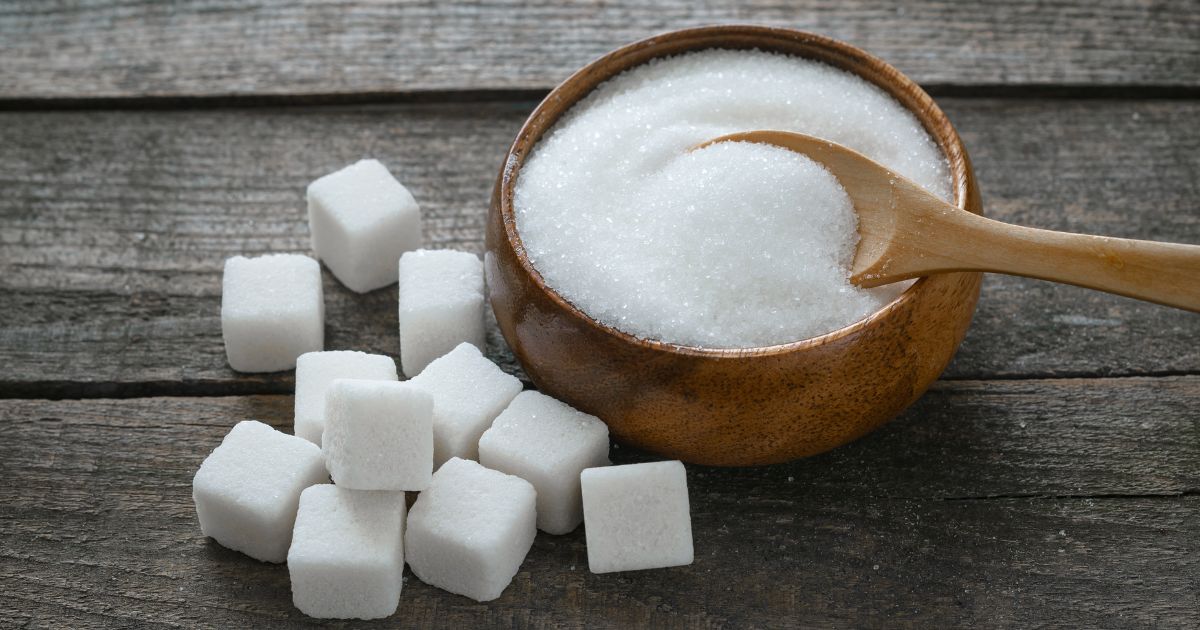Many people like to eat dessert after meals or at any time of the day. However, there is already a consensus among nutritionists that an increase in blood sugar does not bring good things to the body. Soon, overdoing it on sweets can have serious consequences for your health.
See also: You can eat: 5 delicious desserts for diabetics
When the sugar is high in the body, there are some symptoms that can be felt that cause a lot of discomfort. Check the signs that the body gives in the face of hyperglycemia, that is, an increase in the amount of glucose in the blood.
The most common symptom is related to hyperglycemia, or excess sugar
The most common symptoms seen in hyperglycemic crises in all patients are:
- the disease.
- headache;
- extreme thirst;
- Frequent urge to urinate.
- drowsiness;
- excessive fatigue
Because these symptoms are so common to many different diseases, the diagnosis of hyperglycemia is compromised. Patients are slow to understand that something is wrong and do not seek medical help quickly. However, a simple blood test is able to pinpoint the problem very accurately.
How do we prevent and treat the problem?
Anyone can likely experience symptoms related to high blood sugar. Usually after meals, the blood glucose level rises, but ends up self-regulating several hours later. Hyperglycemia occurs when blood sugar levels remain high.
To avoid contracting this disease or prevent it from getting worse and developing, a few things can be done, including:
- engage in regular physical activity;
- healthy eating with fewer processed and sugar-packed items;
- ideal weight estimate, according to expert analysis;
- Regular consultations and preventive examinations.
If diagnosed quickly, hyperglycemia can be treated effectively. Thus, the patient is able to lead a normal life without food restrictions, as long as there is moderation.

“Wannabe internet buff. Future teen idol. Hardcore zombie guru. Gamer. Avid creator. Entrepreneur. Bacon ninja.”

